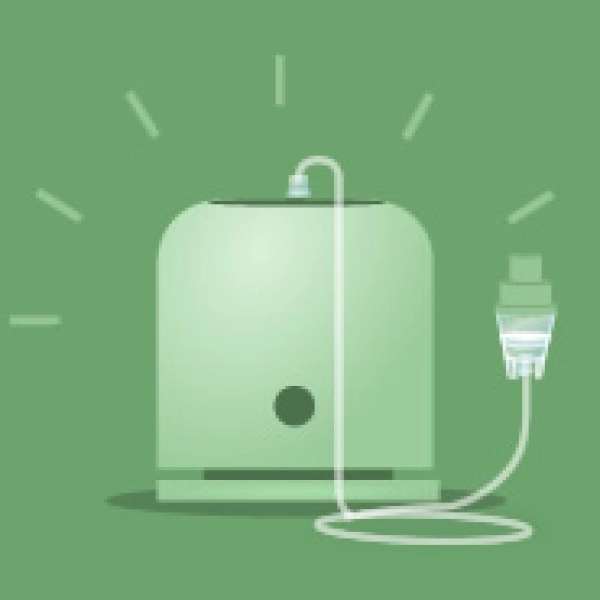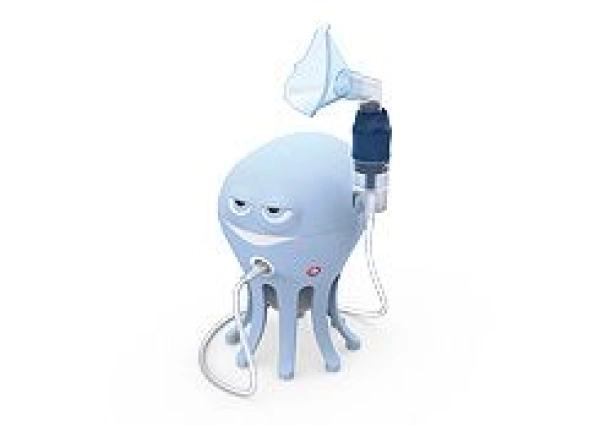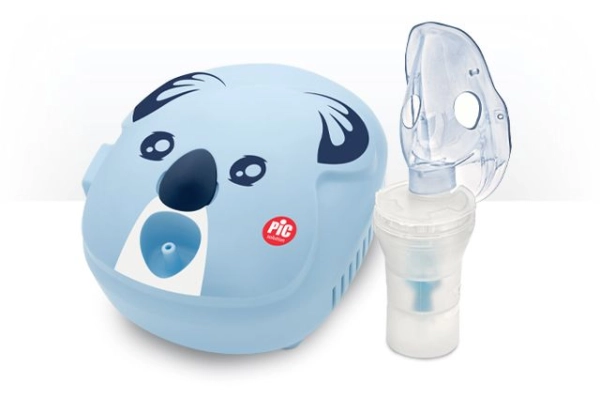

When unrelated to a cold, a stuffy nose has a well-defined symptomatology that is not associated, for example, with fever or the typical fatigue brought on by respiratory tract infections. A stuffy nose can be caused by too much phlegm blocking the nasal passages. In this case, the most common symptoms are coughing, runny nose and sneezing, in addition to a reduced sense of smell and possible irritation around the nostrils, caused by the frequent use of paper tissues.
A stuffy nose without a cold could also be a sign of a different ailment: allergic rhinitis, which can be a reaction to flowers or pollen, or even dust mites. Allergic rhinitis can be intermittent or persistent based on the duration of symptoms, and mild, moderate or severe based on intensity and depending on how much it limits daily activities. A person suffering from allergic rhinitis may not need a handkerchief with them at all times only one month out of the year: in Italy, for example, different plants bloom 11 months out of 12. Not to mention that dust mite allergies can cause almost relentless symptoms if you live in a house or work in an office that is not cleaned daily.
If a cold or allergies are not the case, a stuffy nose can also be caused by a viral or bacterial infection - taking on the name of "infectious rhinitis" - or by the inhalation of airborne chemical substances, in so-called "irritant rhinitis". On top of this, some pathologies are associated with the obstruction of nasal passages without a cold, such as thyroid dysfunctions of hormonal origin. The same symptoms can also occur in women during pregnancy or the premenstrual period, or in anyone who often resorts to vasoconstrictor drugs and aspirin: in these cases, the correct name is "medicamentous rhinitis" or "iatrogenic rhinitis". All these ailments are grouped under the definition of cellular or non-allergic rhinitis.
The most common remedy to treat a stuffy nose that is not caused by a cold or allergic rhinitis is something all our grandmothers probably did. Good old steam baths or tents can be conveniently prepared at home to relieve a stuffy nose: just inhale steam from a pot of hot water, with our without a towel over your head, to immediately feel better. You can also add herbs and spices with anti-inflammatory and balsamic properties to the water. A few examples? Basil, eucalyptus, lavender, lemon and rosemary.



